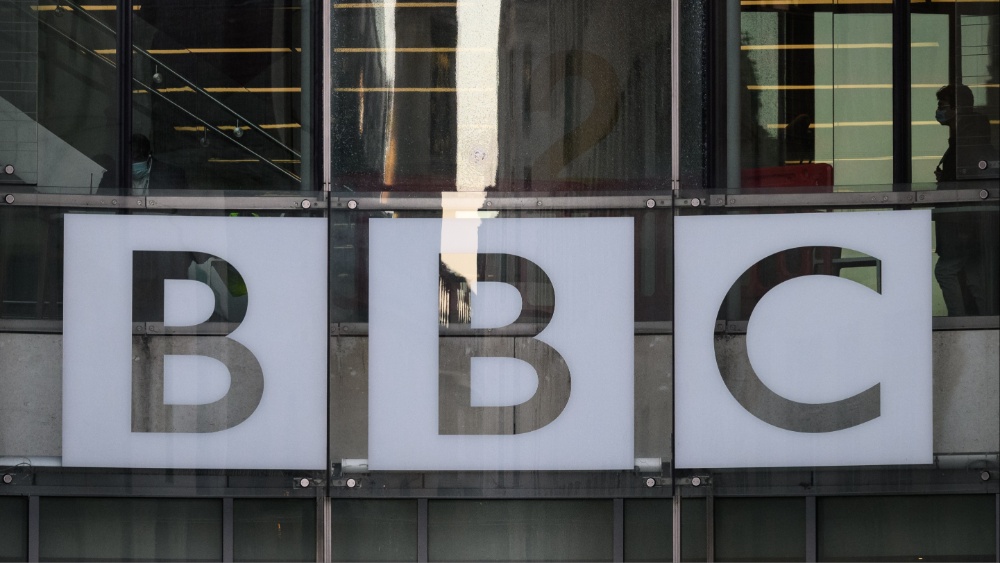The BBC’s financial crossroads: A deep dive into the broadcaster’s future
The BBC’s evolving landscape
The BBC, a cornerstone of British media, has announced plans to reduce its workforce by 500 full-time positions over the next two years. This move comes as the broadcaster grapples with financial difficulties, as highlighted in its latest annual report. The BBC aims to become a “leaner, more agile organization” and is accelerating its digital-first approach to reach audiences where they are.
A shift in priorities
The BBC’s strategy involves reallocating resources to priority areas that provide real value for audiences. This will mean closing and transferring roles in some departments while creating new positions in growth sectors. Over the past five years, public service roles have decreased by 10%, equating to nearly 2,000 positions.
Financial challenges
The BBC is facing a challenging financial period. The chief operating officer’s review in the annual report revealed a £263 million ($339.6 million) operating deficit for the 2023-24 fiscal year, up from £193 million ($249.2 million) the previous year. Looking ahead, the BBC forecasts a £492 million deficit for 2024-25 as it continues to invest in its digital transition and video content while implementing further cost-saving measures.
Revenue and savings
The BBC’s total revenue dipped to £5.3 billion, down from £5.7 billion in 2022-23. Licence fee income, which remains the organization’s primary funding source, totaled £3.6 billion. However, inflation has significantly eroded the real-term value of the fee, which now generates 30% less income than it did in 2010-11 when adjusted for inflation.
To counter these financial pressures, the BBC is implementing a substantial savings plan. The broadcaster has already achieved £323 million of its targeted £500 million annual savings, with an additional £200 million in cuts planned by 2027/28.
Investment in content
Despite the financial squeeze, the BBC invested £3 billion in public service content during the 2023-24 fiscal year. The organization claims this makes it the largest investor in original British content. On the commercial front, BBC Commercial reported sales of £1.9 billion, down from £2.1 billion the previous year.
Operational challenges
The broadcaster also faced operational challenges, including cybersecurity issues. In May 2024, unauthorized access to a BBC platform resulted in the exfiltration of files containing personal information of some BBC Pension Scheme members.
Reflecting on the future
The BBC’s current financial and operational challenges are significant, but they also present an opportunity for the broadcaster to innovate and adapt. By focusing on digital transformation and prioritizing content that resonates with audiences, the BBC can continue to be a vital part of the media landscape.
As the BBC navigates these changes, it will be interesting to see how it balances its rich heritage with the need to evolve in a rapidly changing media environment. The future of the BBC will undoubtedly be shaped by its ability to adapt and innovate while staying true to its core mission of providing high-quality public service content.

 Italian
Italian







